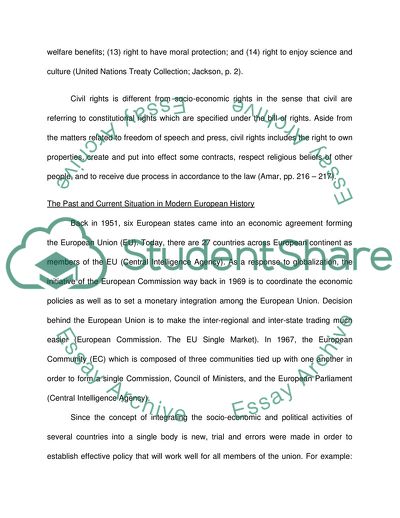Cite this document
(Why Had Socio-Economic Rights Enjoyed Less Prominence than Civil Research Paper, n.d.)
Why Had Socio-Economic Rights Enjoyed Less Prominence than Civil Research Paper. https://studentshare.org/history/1743948-why-have-socio-economic-rights-enjoyed-less-prominence-than-civil-rights-in-modern-european-history
Why Had Socio-Economic Rights Enjoyed Less Prominence than Civil Research Paper. https://studentshare.org/history/1743948-why-have-socio-economic-rights-enjoyed-less-prominence-than-civil-rights-in-modern-european-history
(Why Had Socio-Economic Rights Enjoyed Less Prominence Than Civil Research Paper)
Why Had Socio-Economic Rights Enjoyed Less Prominence Than Civil Research Paper. https://studentshare.org/history/1743948-why-have-socio-economic-rights-enjoyed-less-prominence-than-civil-rights-in-modern-european-history.
Why Had Socio-Economic Rights Enjoyed Less Prominence Than Civil Research Paper. https://studentshare.org/history/1743948-why-have-socio-economic-rights-enjoyed-less-prominence-than-civil-rights-in-modern-european-history.
“Why Had Socio-Economic Rights Enjoyed Less Prominence Than Civil Research Paper”. https://studentshare.org/history/1743948-why-have-socio-economic-rights-enjoyed-less-prominence-than-civil-rights-in-modern-european-history.


